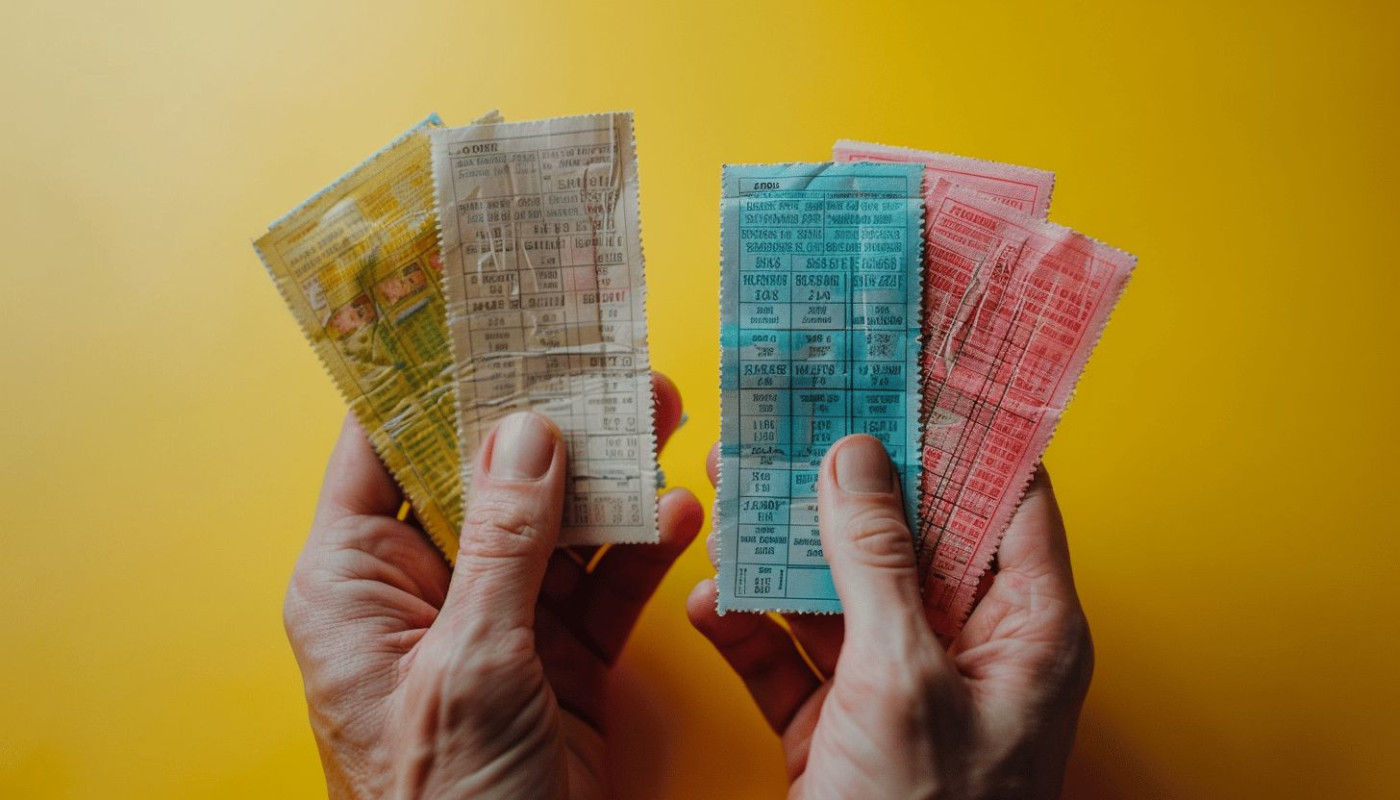Table of contents
Are you contemplating your next move in the lottery and wondering whether to opt for a single-draw or multi-draw ticket? The decision can significantly impact your playing strategy and overall experience. This post delves into the pros and cons of each option, providing a strategic lens to improve your lottery play. Uncover the nuances behind these choices that could spell the difference between a one-time thrill and prolonged excitement.
Understanding Lottery Draw Options
The choice between single-draw and multi-draw lottery tickets is a key decision for enthusiasts aiming to tailor their lottery strategy for better winning chances. Single-draw tickets are the standard betting model, where a player's numbers are entered into a single, specific drawing. On the other hand, multi-draw tickets allow players to participate in numerous drawings over a period with the same set of numbers, increasing convenience and ensuring they don't miss a potential jackpot rollover. While some players appreciate the simplicity and short-term commitment of single-draw tickets, others prefer the extended engagement and potential continuous excitement offered by multi-draw options. These preferences are shaped by individual goals, budget considerations, and the psychological allure of varying lottery play experiences.
Pros of Single-Draw Tickets
Purchasing single-draw lottery tickets can be a thrilling and flexible way to engage with lottery games. It provides players the freedom to tailor their lottery experience, allowing them to implement a single ticket strategy which can be adapted on a draw-by-draw basis. This draw selection process enables players to actively decide when to enter the lottery, potentially optimizing their odds of winning by choosing draws that are less popular and thus may have fewer competitors. Additionally, for those who avidly follow jackpot trends, single-draw tickets facilitate precise jackpot tracking, as players can target draws with attractive payout levels. Strategic lottery purchase decisions give enthusiasts the power to selectively invest in games that align with their preferences and budget, making flexible lottery play an appealing approach for many.
Cons of Single-Draw Tickets
In analyzing the downsides of opting for single-draw lottery tickets, one of the most prominent is the possibility of missing out on forthcoming draws, aptly described as "missed lottery draws." This scenario can be particularly disheartening for players who neglect to buy a new ticket for each upcoming draw, potentially sidestepping valuable opportunities to win. Alongside this, the need for "repeated ticket purchases" involves a consistent effort and can be seen as a notable lottery drawback. Frequent trips to purchase tickets or time spent on online transaction processes can detract from the "convenience factor" that many players seek. Additionally, this continuous buy-in method may deter "draw participation" from those who find the routine cumbersome. For players inclined towards "repeat play," single-draw tickets may not be the optimal choice as they require constant attention and action to remain in the running for lottery prizes.
Benefits of Multi-Draw Tickets
Participating in lotteries can be more than just a casual endeavor; for those seeking to optimize their engagement, multi-draw tickets offer a range of benefits that align with a more strategic approach to lottery play. One of the primary advantages of this ticket type is the promotion of long-term lottery engagement. Players who commit to multiple draws are investing in the future, increasing their chances of winning over an extended period rather than banking on the outcome of a single draw.
Moreover, the multi-draw convenience is a significant factor to consider. By purchasing tickets for several draws at once, lottery enthusiasts save time and ensure they do not miss a potentially lucrative draw due to forgetfulness or last-minute inconveniences. The bulk purchase advantage inherent in multi-draw tickets not only simplifies participation but also can offer financial incentives. Many lotteries provide discounts for such commitments, making the lottery discounts that come with multi-draw tickets an attractive prospect for those who play regularly.
In relation to a more methodical lottery strategy, strategic draw commitment through multi-draw tickets can be an instrumental part of a player's game plan. By securing their participation in advance, players can thoughtfully consider their number selections without the pressure of impending draw deadlines. Furthermore, the extended play benefits of multi-draw tickets offer players the emotional and psychological ease of knowing they have a stake in the game over multiple attempts, potentially leading to a greater sense of control and anticipation in their lottery experience.
Weighing the Odds: Strategic Considerations
When deliberating between single-draw and multi-draw lottery tickets, players should engage in a careful strategic analysis that includes a variety of factors. For instance, considering the size of the jackpot can significantly influence the decision. When jackpots escalate to immense amounts, the potential return on investment (ROI) might make investing in multi-draw tickets appealing, as the increased chances of winning can outweigh the initial cost. On the other hand, when jackpot sizes are smaller, single-draw tickets may suffice, allowing for more flexibility and regular reassessment of strategic options.
Another vital factor is personal budgeting for lottery games. Individuals must evaluate their financial boundaries and adhere to a predetermined "lottery budgeting" plan to prevent overspending. This financial discipline ensures that engagement in lottery games remains an enjoyable pastime rather than a financial strain. Strategic draw frequency is also a consideration. Some may prefer the regular thrill of participating in each draw, weighing their odds each time, while others may find value in the convenience and potential cost savings of multi-draw tickets, especially if they plan to play the same numbers repeatedly.
Investing in lottery tickets is, by its very nature, a speculative endeavor and should be approached with an understanding of the risks and rewards. By factoring in "jackpot size considerations," maintaining a disciplined approach to "lottery ticket investment," and aiming to "maximize lottery odds," players can tailor their lottery participation to their personal strategies and financial situations. Ultimately, the choice between single-draw and multi-draw tickets should align with the player's goals, risk tolerance, and the pursuit of an optimal lottery experience.
Similar




